 Last week, Public.Resource.Org, through their counsel at the Electronic Frontier Foundation, filed an action for declaratory judgement against the Sheet Metal and Air Conditioning Contractors’ National Association, Inc. [SMACNA]. In its complaint, Public.Resource.org asserts that since SMACNA’s copyrighted standards were explicitly incorporated into federal and state law, they have become part of the public domain and are no longer subject to copyright restrictions.
Last week, Public.Resource.Org, through their counsel at the Electronic Frontier Foundation, filed an action for declaratory judgement against the Sheet Metal and Air Conditioning Contractors’ National Association, Inc. [SMACNA]. In its complaint, Public.Resource.org asserts that since SMACNA’s copyrighted standards were explicitly incorporated into federal and state law, they have become part of the public domain and are no longer subject to copyright restrictions.
This saga began when Carl Malamud of Public.Resource.Org began buying copies of privately issued, copyrighted building codes and putting them up online. These codes were incorporated by law into federal and state statutes, so Carl believed that they should be publicly available – a proposition we agreed with.
When Attributor, an agent for SMACNA, discovered the codes on Public.Resource.Org, they sent a DMCA takedown notice. Public.Resource.Org now seeks a declaratory judgment from the federal courts that it is not infringing. It asserts that since these standards were incorporated by reference into federal law, the manual is now “the law of the United States and compliance with the 1985 manual is mandatory,” and thus is part of federal law – which is not subject to copyright.

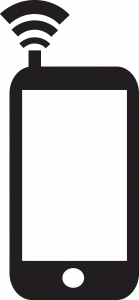 Yesterday, December 6, a Canadian company filed two lawsuits against Apple, alleging that the Cupertino, California, company infringed on several of its patents.
Yesterday, December 6, a Canadian company filed two lawsuits against Apple, alleging that the Cupertino, California, company infringed on several of its patents.  Earlier this week, on December 3, Apple was
Earlier this week, on December 3, Apple was 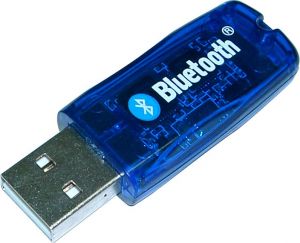 On November 30, Washington Research Foundation
On November 30, Washington Research Foundation 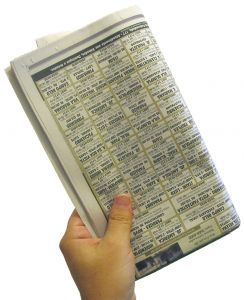 On Thursday, November 29, Google was named as the defendant in a
On Thursday, November 29, Google was named as the defendant in a 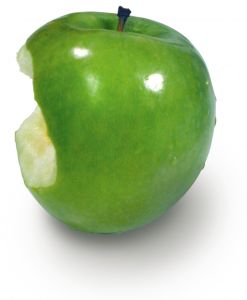 Last Thursday, November 29, a foreign corporation called Arendi
Last Thursday, November 29, a foreign corporation called Arendi 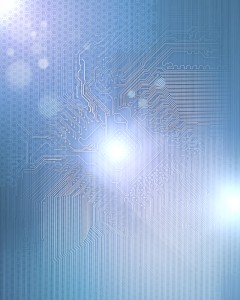 Massachusetts company Lexington Luminance LLC (“Lexington”)
Massachusetts company Lexington Luminance LLC (“Lexington”) 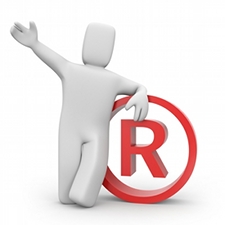 Apple acquired partial European trademark rights to the word “lightning” from motorcycle maker
Apple acquired partial European trademark rights to the word “lightning” from motorcycle maker 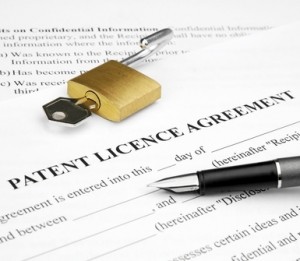
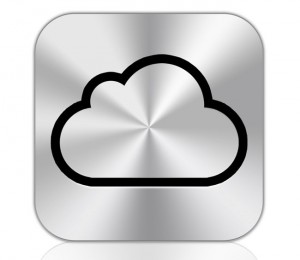 On Friday, a California company called Innovative Automation LLC
On Friday, a California company called Innovative Automation LLC